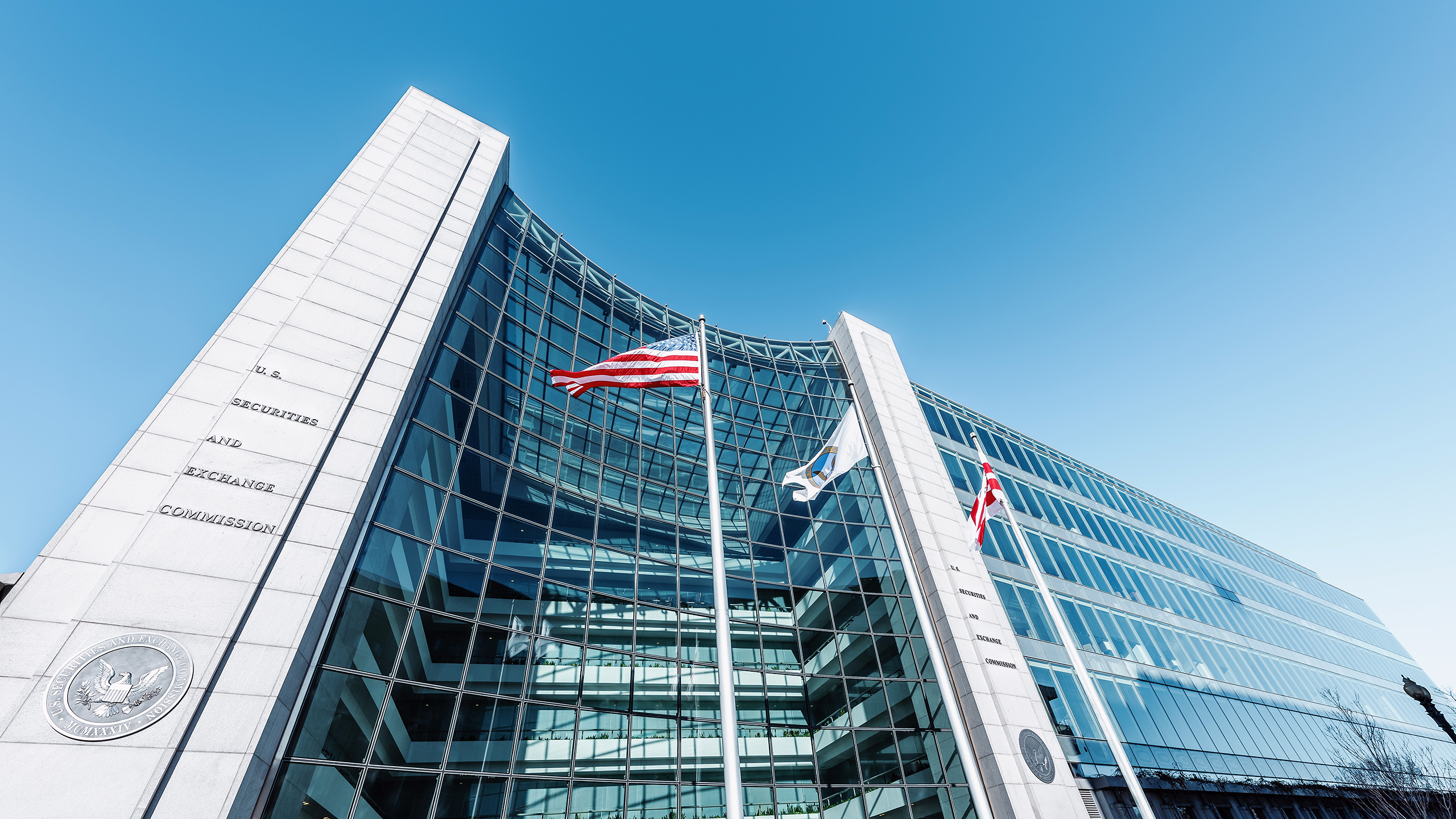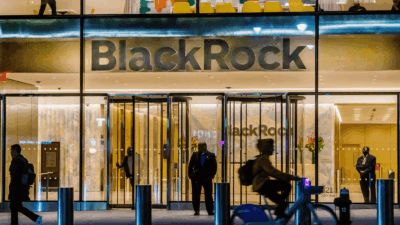SEC ‘Housecleaning’ Collides with Shifting Regulatory Priorities
The SEC may walk back accredited investor standards and press forward on crypto regulation with a much smaller staff.

Sign up for exclusive news and analysis of the rapidly evolving ETF landscape.
The SEC is embarking on an ambitious agenda to expand access to digital assets and private investments, recently confirmed Chairman Paul Atkins said this week. The only potential hiccup, which is no small matter, is that it just lost 15% of its staff.
“It’s good every now and then to have a housecleaning,” Atkins said Tuesday during a House subcommittee hearing. “These were all voluntary retirements. Some people took the buyouts” offered by the Trump administration, he added. His plans for the SEC may not require doing more with less, however. In some cases, doing less with less is the point, particularly as it relates to actions the Securities and Exchange Commission takes against companies. Atkins has made clear that during his watch, the regulator won’t be taking a “regulation by enforcement” approach, as it had been accused of doing under Biden administration Chair Gary Gensler.
Digital Watch
The SEC pivoted quickly after the Trump administration took power in January to become friendlier to digital assets, starting a crypto task force led by Commissioner Hester Peirce. That group, which has held several meetings, is expected to provide recommendations within a few months on the next steps the SEC should take toward a regulatory framework for crypto, Atkins said during Tuesday’s hearing. But whether the SEC is moving as fast as the industry wants is a question. Various ETF issuers have recently queued up prospectuses for spot-price Solana and XRP funds, and the SEC has delayed decisions on approving or denying those products. On Monday, for example, it extended the public-comment process for spot Solana ETFs from Fidelity, Bitwise, and others.
“The crypto markets have been languishing in SEC limbo for years,” Atkins said Monday at an industry event. “I would like the commission to allow SEC registrants to custody and trade both securities and non-securities under one roof.” Separately, the agency is revisiting a 23-year-old standard for closed-end funds that have 15% or more of their investments in private assets, which requires investors to have $25,000 and thus be accredited, he said.
Cutting Back: While Atkins acknowledged that many of the now-vacant roles at the SEC will have to be filled, it’s unclear how quickly that can happen and how the loss of institutional knowledge will affect the regulator.
Although the SEC has shrunk under the Trump administration, it still has a larger staff than during the financial crisis,, Atkins said, citing figures:
- The SEC had 3,600 employees in 2008.
- It employed about 5,000 a year ago, the most ever, along with 2,000 contractors.
- Today it employs 4,200 and has 1,700 contractors.
The shifts amount to regulatory Jenga, a game in which players attempt to remove blocks of wood from a stack without causing the structure to collapse, Commissioner Caroline Crenshaw said at the industry event. Other Jenga pieces are a reduction in enforcement and quick changes to SEC stances made via staff bulletins, said Crenshaw, the lone Democrat on the commission. “First, we pushed out our staff. This is the first, and perhaps most devastating, Jenga piece to go.”











